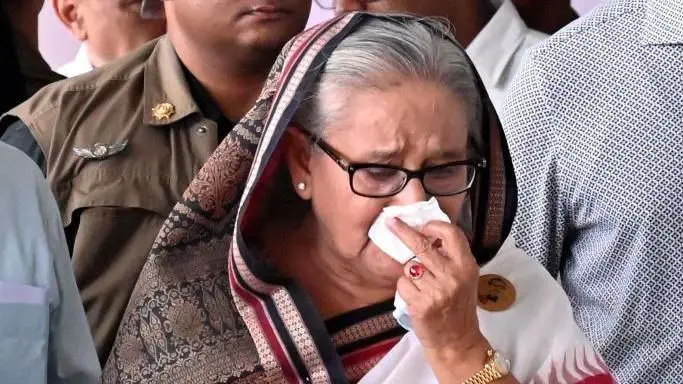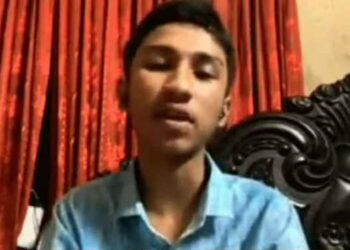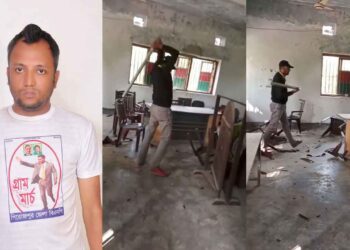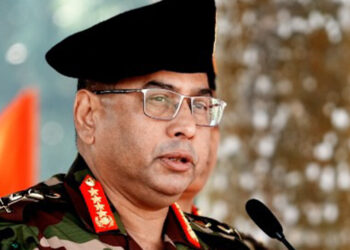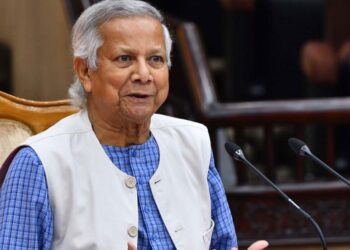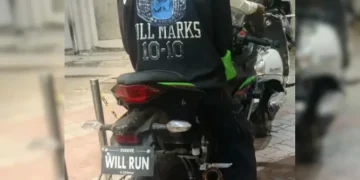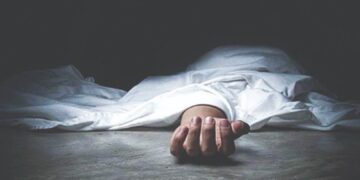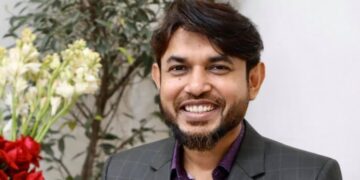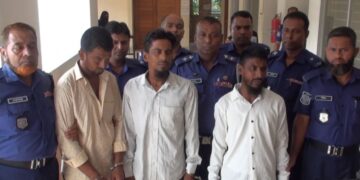Highlights
-
Sheikh Hasina denies allegations of ordering deadly violence during last year’s July movement.
-
Trial nearing verdict; prosecution seeks the death penalty.
-
Hasina calls the trial a politically motivated “kangaroo court.”
-
BBC-verified leaked audio suggests approval of “lethal force” in July 2024.
-
Former top officials also accused; ex-IGP admitted involvement.
-
Allegations of secret prisons, enforced disappearances, and extrajudicial killings under Hasina’s rule.
-
Hasina denies personal involvement or knowledge of abuses.
Hasina Rejects Allegations of Crimes Against Humanity
Ousted ex Bangladeshi Prime Minister Sheikh Hasina has denied accusations that she committed crimes against humanity through deadly repression during last year’s July uprising.
A verdict in the special tribunal case is expected within days. Ahead of that decision, Hasina made the claim in an email interview with the BBC her first since fleeing Bangladesh on 5 August 2024.
According to prosecution allegations, Hasina was the chief architect behind the killing of more than a hundred protesters during massive demonstrations against her authoritarian rule. She has categorically denied this.
Speaking from abroad, Hasina rejected the legitimacy of the ongoing trial taking place in her absence. She said political opponents are controlling a “kangaroo court” that is staging a “sham trial.”
The prosecution has requested a death sentence if she is convicted on Monday. Hasina claims the trial was “designed from the very beginning to deliver a predetermined guilty verdict.” Security around the tribunal in Dhaka has already been tightened ahead of Monday’s ruling.
This verdict is not only significant for Bangladesh but also holds deep emotional weight for families of the students killed during the uprising that forced her from power. Hasina, currently residing in India, has refused to return to Bangladesh to take part in the proceedings.
Alleged Instructions to Fire on Protesters
The former prime minister is accused of personally ordering security forces to open fire on protesters during the final weeks before she fled the country.
Hasina “flatly” denies the allegations. She told that-
“আমি অস্বীকার করছি না যে পরিস্থিতি নিয়ন্ত্রণের বাইরে চলে গিয়েছিল, কিংবা অপ্রয়োজনে বহু মানুষ প্রাণ হারিয়েছে। কিন্তু নিরস্ত্র বেসামরিক নাগরিকদের ওপর গুলি চালানোর কোনো নির্দেশ আমি কখনও দিইনি.”
Translation:“I am not denying that the situation spiraled out of control or that unnecessarily many people lost their lives. But I never ordered firing on unarmed civilians.”
Earlier this year, BBC Verify authenticated a leaked audio recording in which Hasina appeared to approve the use of “lethal weapons” during the July 2024 protests. The audio has been presented as evidence in court.
Former Home Minister and IGP
In July, formal charges were brought against Hasina, former Home Minister Asaduzzaman Khan Kamal, and former Inspector General of Police Chowdhury Abdullah Al-Mamun.
The prosecution has also sought the death penalty for the absconding Kamal. Al-Mamun admitted his role during the July crackdown but has yet to be sentenced. Hasina argues she has been denied the chance to present her side of the story or appoint her own legal defense team.
Read More: “Catch Me If You Can” Youth’s Challenge Backfires as Police Swiftly Respond: “We Can, We Will”
Her lawyers claim the International Crimes Tribunal has violated due process and have filed an emergency appeal with the United Nations. With the next general election coming up in February, the Awami League is already barred from participating.
Further Allegations of Human Rights Violations
The BBC also questioned Hasina about a separate tribunal case concerning serious human rights violations during her 15-year rule. She has denied crimes against humanity in that case as well.
After her removal from power, several secret detention centers were discovered in Bangladesh where detainees were allegedly held for years without legal process. Critics and political opponents previously abducted or detained in these facilities were reportedly subjected to unlawful killings.
When asked who bears responsibility, Hasina said she “did not know” about such activities.
Human rights groups have long accused her of being responsible for extrajudicial killings and enforced disappearances committed during her leadership. She denies these allegations.
“আমার ব্যক্তিগত সংশ্লিষ্টতার অভিযোগ অস্বীকার করছি। তবে কোনো কর্মকর্তার অপব্যবহারের প্রমাণ যদি থাকে, তবে তা যেন নিরপেক্ষ ও বিরাজনীতিকরণ প্রক্রিয়ায় যথাযথভাবে পরীক্ষা করা হয়.”
Translation:“I reject accusations of personal involvement. But if there is evidence of misconduct by any official, it should be impartially and depoliticized investigated.”
“আপনার ব্যবসা এখন অনলাইনে— Storola-এর সাথে সহজ ও স্মার্টভাবে!”
Hasina and other senior leaders of her former government are also facing corruption trials in separate courts. They have denied all charges.Sheikh Hasina’s denial of crimes against humanity comes at a decisive moment for Bangladesh, with the tribunal’s verdict set to shape both political accountability and the nation’s path forward.
As allegations of deadly force, leaked audio, secret prisons, and widespread human rights abuses continue to dominate public debate, the former prime minister insists she is the target of a politically engineered trial designed to erase her party from the political landscape.
Whether seen as justice or political retaliation, the upcoming verdict will carry profound implications for victims’ families, Bangladesh’s democratic future, and the credibility of its legal institutions.
Source: BBC
Share via:

